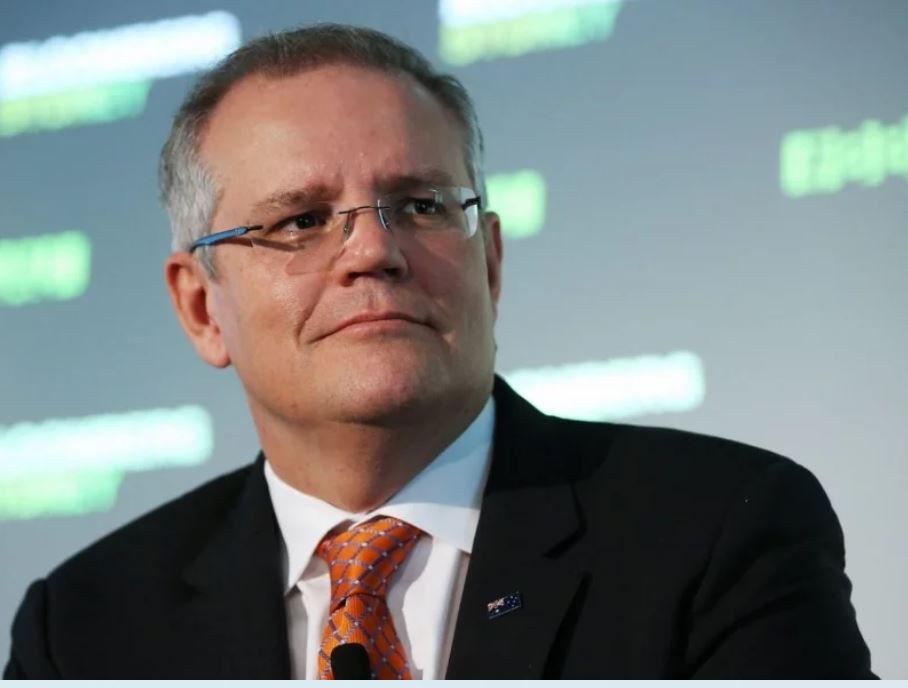The federal government will not budge on its controversial Big Tech news media bargaining code, with Prime Minister Scott Morrison staring down significant threats from Facebook and Google ahead of a showdown in Parliament later this month.
The media bargaining code, which will compel Facebook and Google to enter forced arbitration with media companies to determine revenue sharing deals for the use of news content, is set to be debated in Parliament later this month after a Senate committee hands down its report on the legislation.
Google recently threatened to withdraw its search service from Australia if the code is implemented, while Facebook had earlier said it may block Australian news content as a result of the code.

Big business and other tech firms also railed against the code, which unsurprisingly has the backing of numerous media companies and most federal politicians.
Addressing the National Press Club on Monday, Mr Morrison stood by the code despite the brinkmanship from the Big Tech players.
“These are big technology companies, and what’s important to Australia is that we set the rules that are right for our people,” Mr Morrison said. “And having a news environment in this country that is one that is sustainable and is supported commercially, then this is vital to how democracies function.”
“Even when I was Treasurer, when I would go to G20, I’d be talking not just about if they were paying tax, but I began conversations about antitrust and competition issues. Australia is being true to our word again.”
It came after Treasurer Josh Frydenberg revealed that Facebook founder and chief executive Mark Zuckerberg had personally discussed the code with him.
“Last week, the minister Paul Fletcher and I had a meeting with Mark Zuckerberg from Facebook who reached out to talk about the code and the impact on Facebook,” Mr Frydenberg told ABC Insiders on Sunday.
“They do [take it seriously], it was a very constructive discussion. Mark Zuckerberg didn’t convince me to back down.”
Mr Morrison said the bargaining code is just the federal government trying to apply the rules of the physical world to the digital world, and that other countries should follow Australia’s lead.
“I’d like to see more alignment between the world’s economies on these sorts of things. Our simple rule around digital is that we just want the digital world to be the same that exists in the physical world,” he said.
“The world has changed, digital technologies have affected that and we’re trying to ensure our regulatory system keeps pace with that change to ensure journalists can do their jobs, not just in taxpayer-funded organisations but commercial ones.”
“When it comes to antitrust practices, Australia has taken a very consistent and principled stand. We want to work through with the companies on these sorts of things, we don’t want these things sitting in the courts.”
Australian Competition and Consumer Commission chair Rod Sims, one the key architects of the code, has also stood by the policy, saying the forced final offer arbitration is vital and cannot be taken out of the code, as the big tech firms have called for.
The senate committee scrutinising the Big Tech bargaining code legislation is due to hand down its report in mid-February, before the bill is expected to be debated in Parliament in the sitting fortnight at the end of the month.
Do you know more? Contact James Riley via Email.

